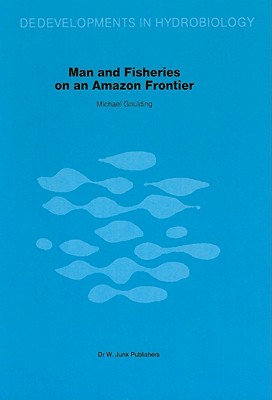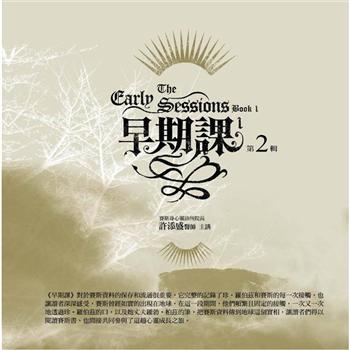The southwestern Amazon basin, centering on the Territory of Rond nia and the State of Acre, is symbolically if not exactly geographically, the Wild Wild West of Brazil's northern rainforest fron tier. In Brazil the name Rond nia evokes exaggerated images of lawlessness, land feuding, and indigent peasants in search of a homestead. Despite the problems and the perception, the region has pushed ahead, in the view of the govern- ment, with large-scale deforestation and the establishment of cattle ranches and agricultural farms raising manioc, rice, bananas, and other cash crops. The mining industry has been launched with the exploitation oftin- stone, and the recent gold rush has attracted thousands of miners that are sifting alluvial deposits along the rivers for the precious ore. In an energy-short world, the region boasts of its large hydroelectric potential waiting development in the rivers falling off the Brazilian Shield and draining into the Rio Madeira. Planners are optimistic that Rond nia's resources, once developed, will more than justify, at least in this corner of the rainforest frontier, the Economic Conquest ofthe Amazon. Sandwiched between the economic take-off and the dream, however, are the biological resources - the plants and animals - that must serve as sources of energy and food until human dominated ecosystems replace naturaiones. These resources are, ofnecessity, being heavily attacked to support the shaky economy of the region, but they are very poorly understood in terms of potential productivity and proper management.
| FindBook |
有 1 項符合
Man and Fisheries on an Amazon Frontier的圖書 |
 |
Man and Fisheries on an Amazon Frontier 作者:Goulding 出版社:Springer 出版日期:1981-06-30 語言:英文 規格:精裝 / 137頁 / 25.9 x 18.3 x 1.5 cm / 普通級 |
| 圖書館借閱 |
| 國家圖書館 | 全國圖書書目資訊網 | 國立公共資訊圖書館 | 電子書服務平台 | MetaCat 跨館整合查詢 |
| 臺北市立圖書館 | 新北市立圖書館 | 基隆市公共圖書館 | 桃園市立圖書館 | 新竹縣公共圖書館 |
| 苗栗縣立圖書館 | 臺中市立圖書館 | 彰化縣公共圖書館 | 南投縣文化局 | 雲林縣公共圖書館 |
| 嘉義縣圖書館 | 臺南市立圖書館 | 高雄市立圖書館 | 屏東縣公共圖書館 | 宜蘭縣公共圖書館 |
| 花蓮縣文化局 | 臺東縣文化處 |
|
|
圖書介紹 - 資料來源:博客來 評分:
圖書名稱:Man and Fisheries on an Amazon Frontier
|







